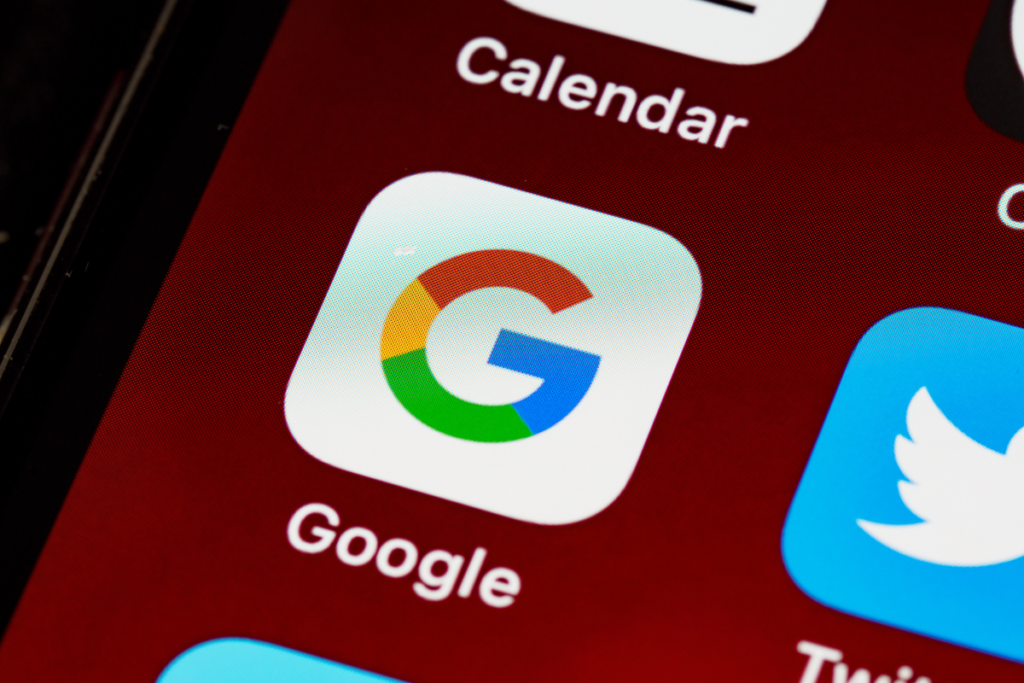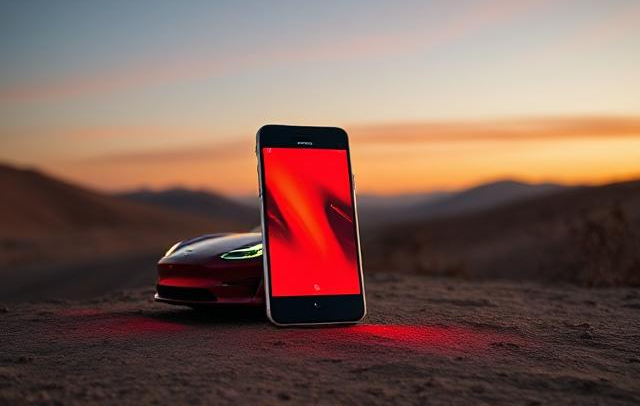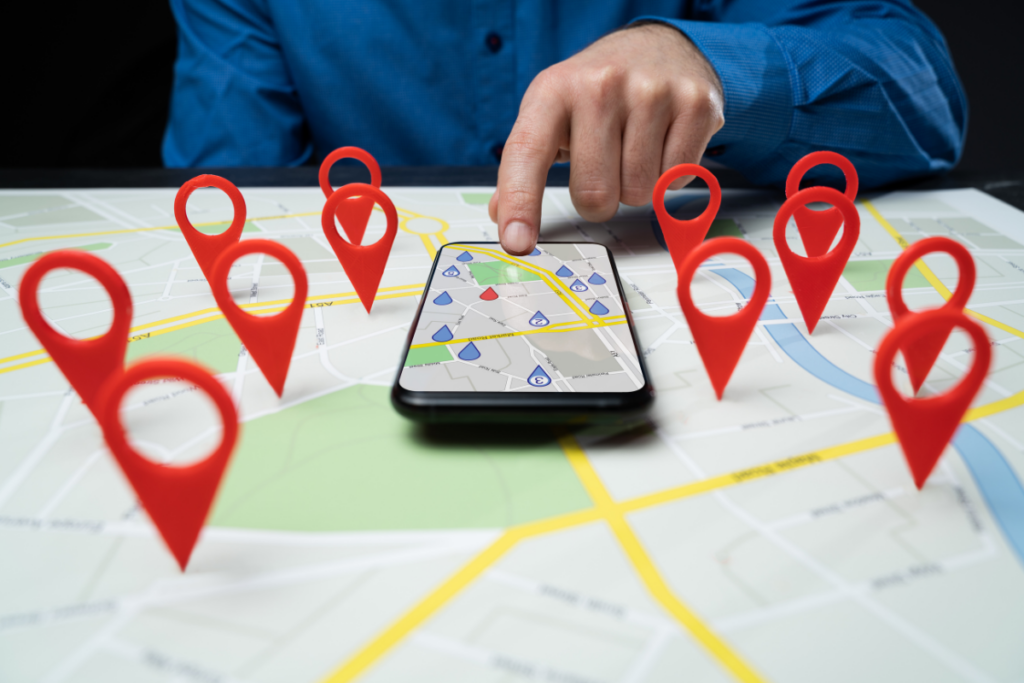
In the digital age, time is a precious commodity. The way consumers access and interact with information has fundamentally shifted. With smartphones perpetually within arm’s reach, individuals have become accustomed to immediate gratification and swift solutions. This transformative shift has given birth to what marketers now call “micro-moments.”
Understanding and harnessing the power of these micro-moments is no longer an option but a necessity for businesses aiming to thrive in the mobile-centric realm.
Understanding Micro-Moments
Micro-moments are essentially those fleeting instances when individuals instinctively turn to their mobile devices to satisfy a need or seek quick answers. These moments are characterised by their brevity and intent-driven nature.
Picture someone using their smartphone to find the nearest coffee shop, compare prices on a product while in a store, learn a new recipe while cooking, or read product reviews before making a purchase decision. These are all micro-moments in action.
What makes micro-moments profoundly significant for businesses is the urgency and intent behind them. Consumers are on a quest for specific information or solutions, and they expect quick, relevant, and frictionless experiences.
To meet and exceed these expectations, companies must be present and prepared to deliver during these pivotal moments.
The Mobile-First Consumer
To truly appreciate the impact of micro-moments, it’s essential to grasp the mobile-first behaviour of consumers today. Mobile devices have become integral parts of our lives, serving as personal assistants, information hubs, and decision-making tools.
Whether it’s checking the weather, getting directions, or browsing for gift ideas, we instinctively turn to our smartphones for immediate assistance. And the statistics reflect this shift.
Over half of all web traffic comes from mobile devices, and mobile searches have long surpassed desktop searches. The mobile-first consumer expects information and solutions at their fingertips, and businesses that fail to provide them risk being left behind.
The Micro-Moments Framework
Google, a trailblazer in recognising the importance of micro-moments, has identified four key types:
I-want-to-know moments: These are instances when people seek information or answers to questions. For instance, “How do I make homemade pasta?”
I-want-to-go moments: These micro-moments involve looking for a nearby place or business. “Where is the nearest gym?”
I-want-to-do moments: Here, users are searching for instructions or guidance, such as “How to change a flat tire.”
I-want-to-buy moments: The most coveted for businesses, these moments are about making purchase decisions. Users might search for “best smartphones under $500.”
Understanding these micro-moments and how they align with your business is crucial for developing a successful marketing strategy.
Mobile SEO and Content Strategy
To succeed in micro-moments, businesses need mobile-friendly websites optimised for search engines. This includes fast-loading pages, clear navigation, and responsive design. Mobile SEO focuses on ensuring your content ranks well in mobile search results.
Additionally, your content strategy should revolve around addressing micro-moments. Identify the questions and needs your audience has during these moments and create content that caters to them. This might involve producing informative blog posts, creating “how-to” videos, or offering quick solutions via mobile apps.
Personalisation and Mobile Marketing
Personalisation is a key strategy for capitalising on micro-moments. By leveraging data-driven insights, businesses can provide personalised experiences. For example, offering product recommendations based on previous searches or purchases can significantly enhance user engagement and satisfaction.
However, it’s imperative to strike a balance between personalisation and privacy. Users should feel in control of their data, and transparency in data collection and usage is non-negotiable.
Micro-Moments Mobile Advertising Strategies
Advertising in micro-moments is about delivering the right message at the right time. Utilise mobile advertising platforms like Google Ads and Facebook Ads to target users during specific micro-moments. Create compelling ad copy that directly addresses users’ needs or questions.
Video content, with its visual appeal and ability to convey information quickly, is a powerful tool for micro-moment advertising. Interactive ads and formats that encourage user engagement can also be effective.
Case Studies: Learning From Success
Real-world case studies offer invaluable insights into how businesses have successfully adapted to micro-moments.
For instance, consider a restaurant leveraging location-based mobile ads to attract nearby customers during peak lunch hours. Or an e-commerce store tailoring product recommendations to individual users based on their micro-moment queries.
Analysing these strategies and their outcomes can provide inspiration for your own micro-moment campaigns. Through showcasing the diverse ways businesses can leverage this shift in consumer behaviour.
Challenges and Considerations
Adapting to micro-moments presents exciting opportunities, but it’s not without its challenges. One significant challenge is the need for real-time responsiveness. Businesses must be poised to engage with customers promptly during these moments, ensuring that user needs are met in real-time.
Ethical considerations regarding data collection and privacy are equally paramount. Striking the right balance between personalisation and respecting user privacy is an ongoing concern, and businesses must prioritise transparency in how they handle user data.
Moreover, staying agile in marketing strategies and staying abreast of industry trends is vital for addressing these challenges effectively and staying ahead of the competition.
Let’s Work Together!
Micro-moments have revolutionised the marketing landscape. To succeed in this mobile-first era, businesses must recognise the significance of these intent-driven moments and align their strategies accordingly.
By understanding your audience, crafting content for micro-moments, enhancing your mobile presence, and staying up-to-date with emerging trends, you can position your business to thrive in the ever-evolving world of mobile marketing.
Ready to embrace micro-moments and enhance your marketing strategy? At Chameleon, we specialise in helping businesses harness the power of mobile for their marketing success.
Contact us today to discuss how we can assist you in reaching and engaging your mobile-first audience effectively.
Sections:
Share This Content
More Chameleon Insights
- Digital Marketing
- SEO
- Web Design
Google’s Core Update March 2025: 5 Key Tips for Businesses
Instead of worrying about where your site stands, Chameleon is here to help advise you on how your busyness's website can come out stronger, rather than weaker, following Google's Core Update March 2025 update.
28 Mar 2025
- Digital Marketing
The Tesla Pi Phone Hoax: A Digital Marketing Case Study
The Tesla Pi Phone rumor which has been in circulation for years is a fascinating case study in how digital hype can take on a life of its own. But how did it happen? And what can digital marketers learn from it?
14 Mar 2025
- Digital Marketing
- Microsoft
End of an Era: Microsoft Shuts Down Skype
Skype quickly become a globally renowned platform for communications in 2003 when it was founded, disrupting the landline industry. For many families, it became a means of calling with audio and video, connecting people across the world with ease. At its peak, Skype boasted millions of users worldwide, with households and businesses adopting the platform…
07 Mar 2025
- Digital Marketing
- SEO
7 SEO Link-building Strategies that Work in 2025
We l breakdown our top 7 actionable SEO link-building strategies that you can use for your website.
14 Feb 2025
- Digital Marketing
Digital Marketing Trends to Look Out For in 2025
Digital marketing trends to look out for in 2025. Find out what marketing strategies are taking the world by storm this year and how your business can adapt.
31 Jan 2025
- Digital Marketing
Is Blogging Dead in 2025?
In the ever-evolving digital landscape, there is almost an expectation that one year, blogging will finally 'die', with video marketing, social media marketing and AI-generated content all waiting in the wings to take its place. But is blogging really dead in 2025? Well, this blog is here to prove it isn't.
31 Jan 2025
- Digital Marketing
- SEO
Why Local SEO Is More Important Than Ever in 2025
Boost your business in 2025 with expert local SEO strategies from Chameleon Web Services. Drive traffic, build trust, and stay ahead of the competition!
17 Jan 2025
- Digital Marketing
- SEO
SEO For Startups: 10 Essential Tips for Organic Growth
SEO for startups: boost your startup’s online presence with 10 essential SEO tips! Learn strategies for sustained organic growth today from leading SEO agency.
20 Dec 2024
- Branding
- Web Design
Jaguar’s New Logo: Calculated Gamble or Brand Implosion?
Jaguar's New Logo. Is Jaguar's controversial rebrand a bold move for the future or a betrayal of its luxury heritage? Chameleon dives deep into the topic.
06 Dec 2024
- Web Design
How to Use Colour in Web Design
Learn how to use color effectively in web design to convey mood, guide user actions, and enhance brand identity. Discover Chameleon’s bespoke design services.
22 Nov 2024
- Web Design
The Evolution of the McDonald’s Logo
The evolution of the McDonald's logo reveals over 80 years of brand growth. Learn how branding helped shape a fast-food cultural phenomenon.
08 Nov 2024
- Digital Marketing
How Important Is Competitor Research in SEO?
With effective competitor research, you can learn what is working well for your competitors, what tactics they use to achieve success, and what gaps there are in the market that you can exploit.
25 Oct 2024













